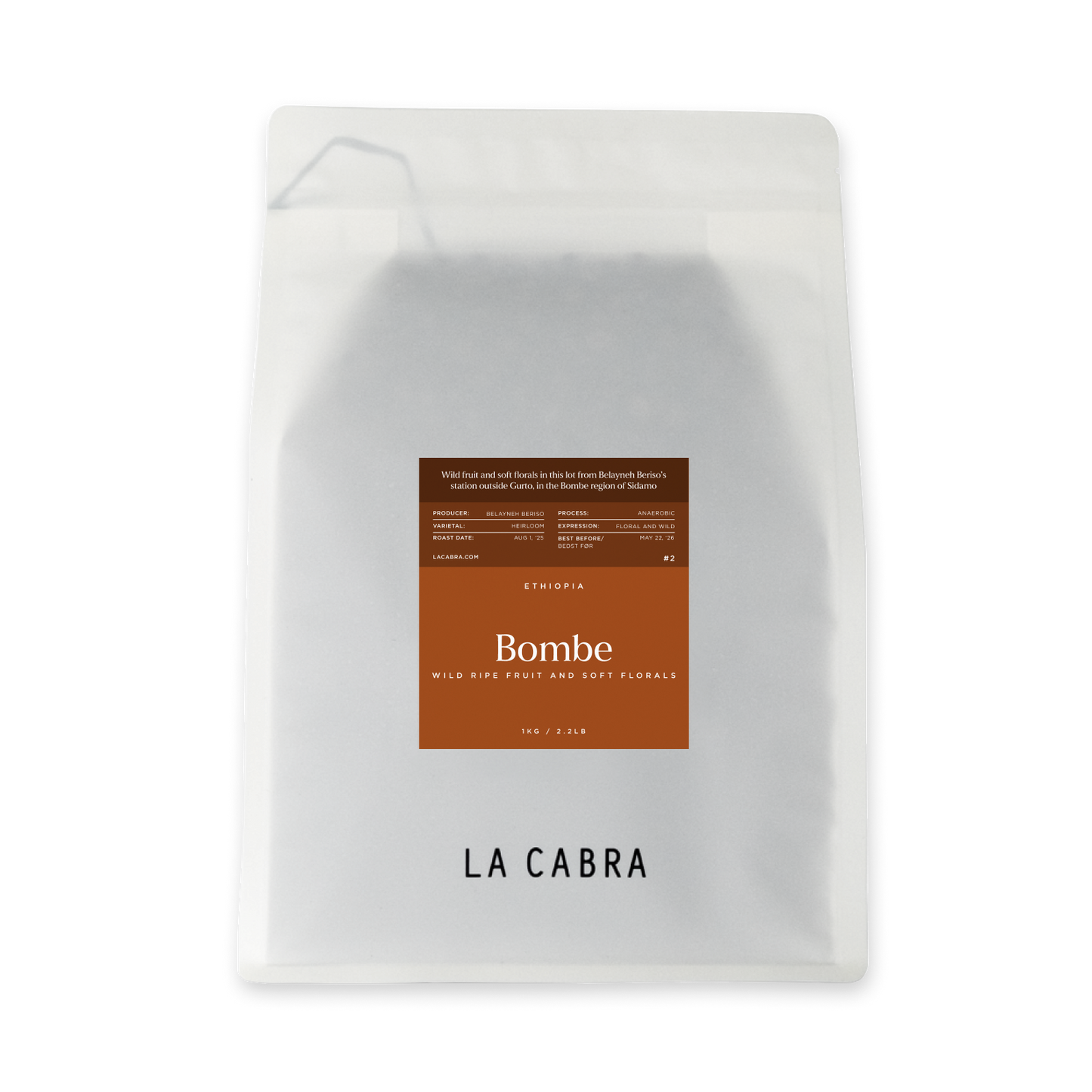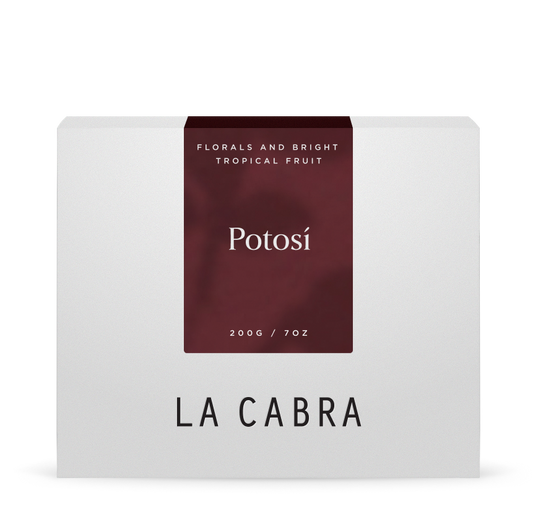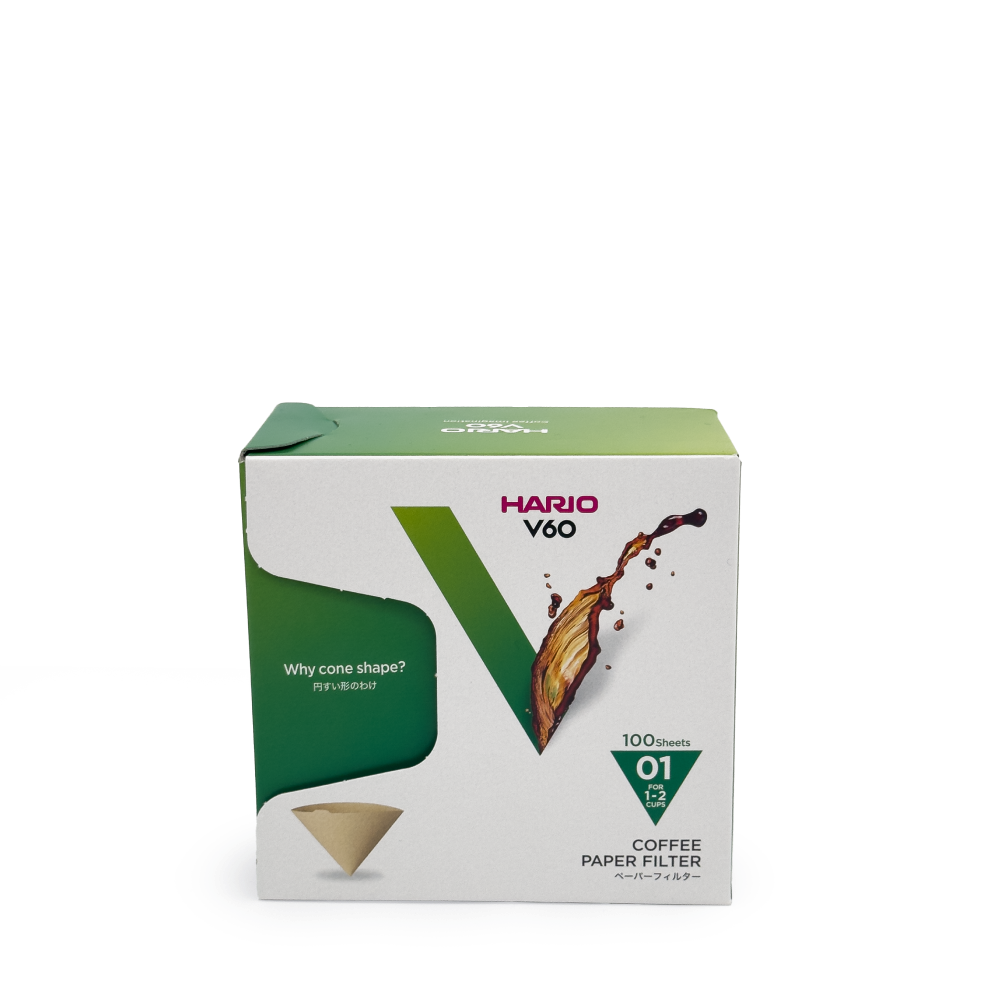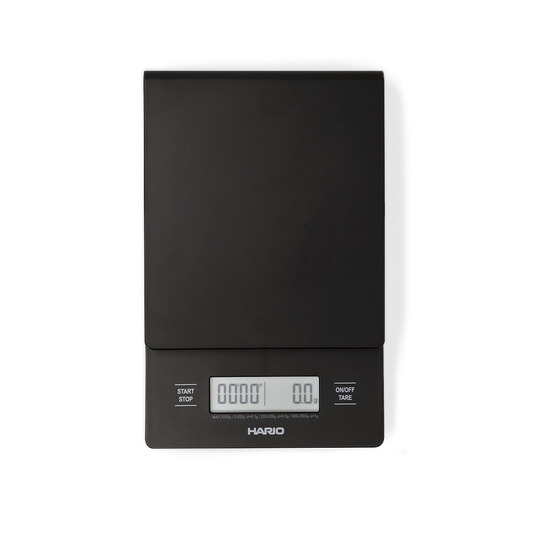

Belayneh Bariso
Belayneh Bariso is one of the younger producers in Bombe, and has been on a rather astronomic rise to success. Belayneh has grown up around coffee, but his small business producing coffee took off after the relaxing of the Ethiopian export regulations in 2017. From 2022 to 2024, Belayneh grew from producing 100 bags of coffee per year to nearly 2000. His cherry selection and ripeness is the hallmark of his work, leading to flavour intense and complex cups. He has taken this approach and accomplished it together with local smallholders, taking delivery of their cherries and processing them at his station outside the village of Gurto in the Bombe woreda of Bensa zone, Sidamo.
Gurto
This is a region known for quality coffee, with high altitudes, excellent varietals and motivated young producers like Belayneh. Belayneh has taken his growing revenue and reinvested into his station, building more raised beds for drying, and training staff to maintain his exacting standards. Over the past couple of years, he has built shade netting to give greater control over drying, and begun to experiment with fermentation.
This lot is one such example, with a 48 hour fermentation in closed tanks before drying on shaded raised beds. This leads to one of the finest anaerobic lots we have tasted in recent years; a softly floral aroma with wild ripe fruit in the cup, before a complex finish with herbal and spice character.

CoQua
The viability of these new regions is an interesting challenge for Ethiopia’s fast moving coffee industry. Providing agronomic support to the many new producers is vital in order to maintain the quality and iconic flavour profile of Ethiopian coffee. One of the driving forces behind this movement is CoQua, founded by Moata Raya and Ansha Yassin. Moata and Ansha previously worked together at international agricultural NGO Technoserve, and are experts in farming and farm management, as well as quality control and value chains. It was during their tenure that Technoserve supported the building of the Duromina, Nano Challa and Biftu Gudina cooperatives, which became iconic in the speciality industry around a decade ago.

Now, it is Moata and Ansha’s turn to push Ethiopian coffee forward again, by supporting new coffee producers on the high plains of Sidamo, in areas where coffee wasn’t viable just a decade ago. They have begun their work in connecting these producers to relevant buyers, who can pay premium prices for their excellent quality. We are excited to be on this journey with CoQua, having been introduced last year through our American friends at Crop to Cup.



























